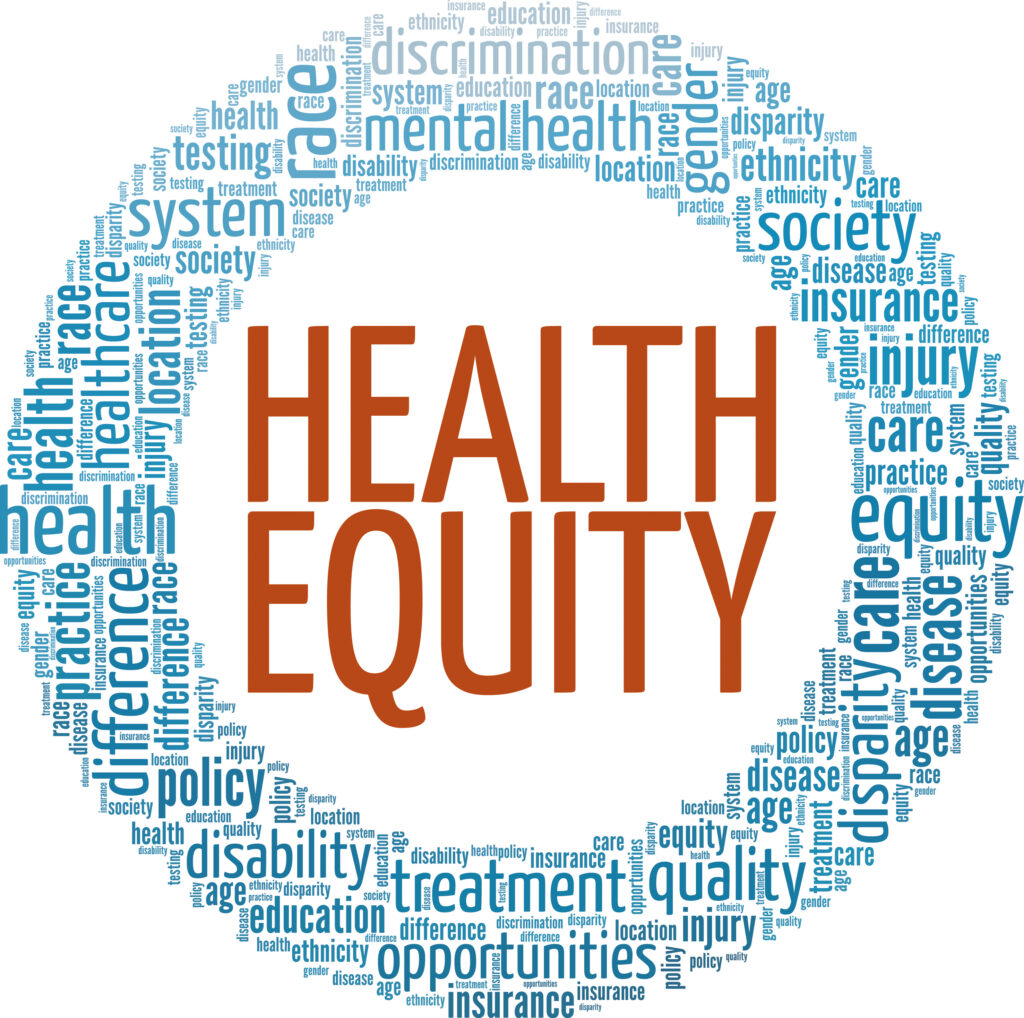Arq. Bras. Cardiol. 2024; 121(11): e20240731
Aiming for Health Equity: Why Does Diversity in Brazilian Medical Research Matter?
This Short Editorial is referred by the Research article "Cluster of Physical Inactivity and Other Risk Factors and Diabesity in Quilombol Adults".
Over 35 years ago, Brazilian citizens earned their constitutional right to health. Guided by the fundamental principles of universality and equity, health access and actions provided by the Brazilian Unified Health System (Sistema Único de Saúde – SUS) are ever-since responsibilities of the State and should be, therefore, guaranteed by economic and social policies.
Since its creation, SUS has experienced significant improvements in disease prevention and health promotion. A dramatic drop in infant mortality and a significant increase in life expectancy are a couple of major outcomes that reflect the expansion in Brazilians’ population access to comprehensive health care. However, disparities across geographical regions and income groups persist, especially for vulnerable populations such as the quilombolas.
[…]
178

